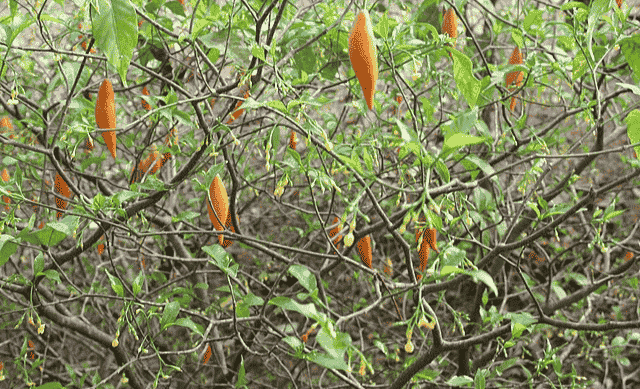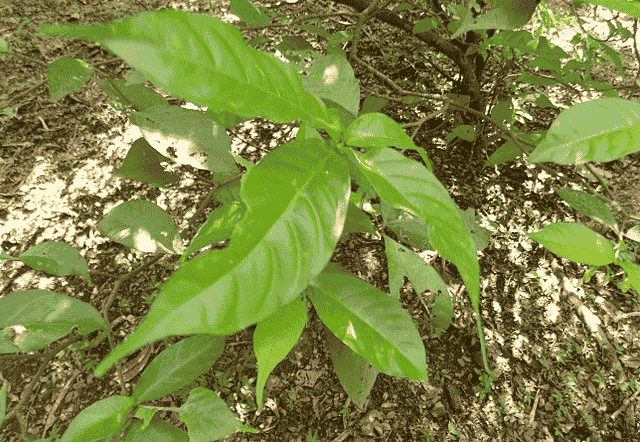
Two novel anti-addiction and anti-depressant medications were developed after being inspired by a traditional African psychedelic plant.
For thousands of years, shamans have turned to ibogaine in rituals for its hallucinogenic, appetite- and fatigue-reducing, and sexual properties.
Psychoactive African Shrub Extract Ibogaine
Drugs like LSD have entered clinical studies and made headlines due to a renewed interest in the use of psychedelic substances for the treatment of psychiatric illnesses.
The root bark of the native African shrub Tabernanthe iboga, widely known as the iboga plant, contains the psychedelic indole alkaloid ibogaine.
Although it has stimulant effects at lower doses (reducing appetite and combating fatigue), high doses can produce hallucinogenic visions that have been compared to LSD.
Ibogaine’s anti-addictive effects are achieved in two ways: first, through a biochemical reaction in the brain and body; and second, through a psychedelic effect. These methods “eliminate opioid desire and withdrawal symptoms.”
However, the FDA has classified ibogaine as a Schedule 1 drug, meaning it is unsafe for human consumption and has no medical uses.
Ibogaine’s Schedule I status in the US has slowed its clinical development as an addiction treatment, while in other countries, it remains uncontrolled and unapproved.
Read more: Experts Warn Of Possible Pink Eye Outbreak Associated With Arcturus, A New COVID-19 Strain

A Pharmaceutical from the Viewpoint of Pharmacology
In addition to its effects on the brain, ibogaine has also been shown to have deadly consequences on the circulatory system.
In pharmacological parlance, ibogaine is a dirty medication since it has such a wide range of potential adverse effects due to its interactions with many processes, receptors, and transporters in the human body.
Targets include the non-competitive inhibitory serotonin transporter (SERT) and the cardiac action potential-important human voltage-sensitive potassium channel hERG.
Inhibiting SERT with these two molecules has been shown to help with anxiety and depression.
Read more: Hospitals Accused Of Refusing Life-Saving Abortion To Woman In Critical Condition

